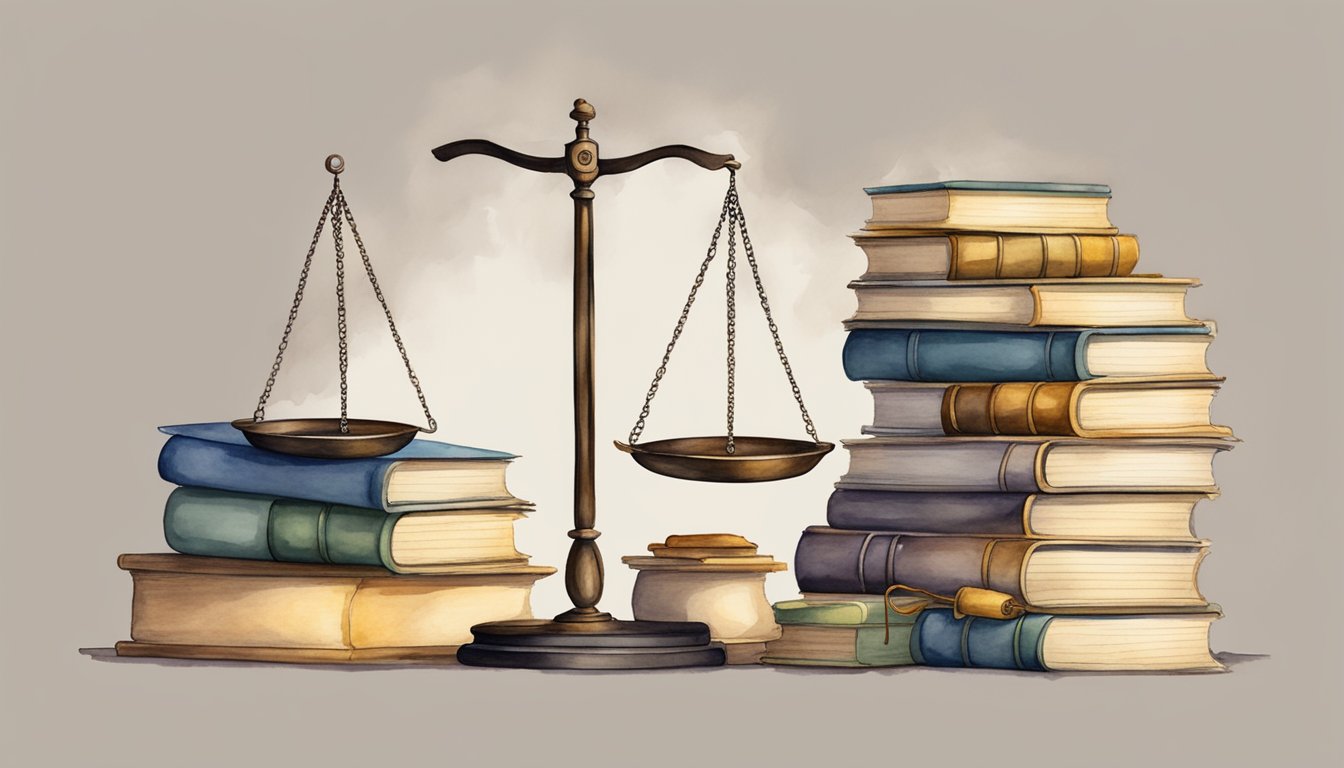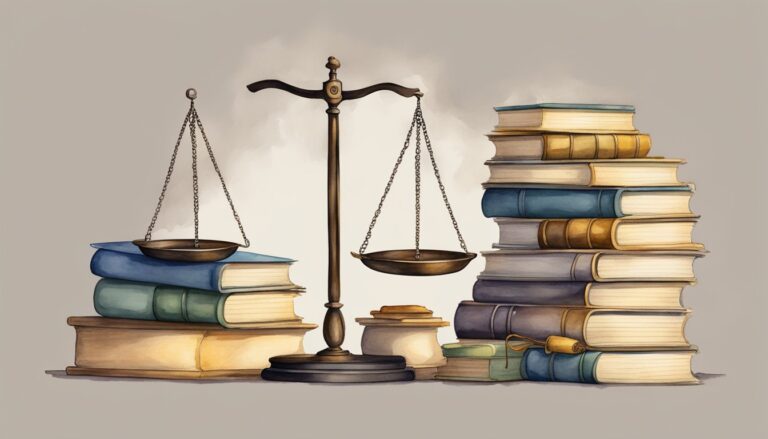Understanding Adjusters and Claims
An insurance adjuster is a professional who evaluates claims to determine compensation for policyholders.
They work for or are hired by insurance companies to settle claims from events like property damage and natural disasters.
Types of insurance claims adjusters include:
- Staff Adjusters: Employed by insurance companies.
- Independent Adjusters: Contracted by insurers.
- Public Adjusters: Hired by claimants.
Claims adjusters investigate the details of each claim.
They assess the extent of the loss, determine liability, and set the amount for settlement.
This process involves examining property damage, interviewing witnesses, and reviewing police and hospital records.
Adjusters need a license.
Licensing requirements vary by state but generally involve passing an exam and continuing education.
Public adjusters are hired by policyholders to ensure a fair settlement.
They represent the claimant’s interests, especially in disputes with insurance companies.
Independent adjusters handle claims for multiple insurance companies.
They may have diverse workloads influenced by natural disasters, requiring flexible hours.
Adjusters are essential in managing claims after events like hurricanes or earthquakes, which lead to catastrophic loss.
Insurance claims adjusters play a key role in the insurance industry by ensuring claims are processed fairly and efficiently, which helps both the insurance company and the policyholder.
Through their work, they help manage the financial impact of loss and damage.
Building a Career in Claims Adjusting
To start a career as an insurance claims adjuster, you typically need a high school diploma or a GED.
Some roles might require a college degree, especially in fields like business or finance.
The next step is often earning an adjuster license.
This usually involves completing a pre-licensing course and passing a licensing exam.
The requirements for licensing can vary by state.
Key Steps to Become a Claims Adjuster
- Education Requirements: High school diploma or GED.
- Licensing Exam: Pass a state-specific exam.
- Entry-Level Experience: Start with an entry-level position.
There are three main types of claims adjusters:
- Staff Adjusters: Work for insurance companies.
- Public Adjusters: Hired by policyholders to handle claims.
- Independent Adjusters: Work for independent firms and handle various clients.
Continuing Education Courses are crucial for keeping your license up to date and learning about new industry regulations.
States often require periodic education for license renewal.
When starting out, an Independent Insurance Adjuster or Public Insurance Adjuster might be the best path if you want flexibility.
Independent adjusters often work on claims from natural disasters, earning based on the number of claims handled.
Salary and Job Outlook
The salary for a claims adjuster can vary widely based on experience and location.
Entry-level positions typically pay less, but there is room for growth.
Experienced adjusters, especially those handling complex or high-value claims, can earn a substantial income.
Public Adjusters may also deal with professional liability insurance issues, indicating the diverse nature of this career path.
Reciprocity agreements may allow you to transfer your adjuster license to another state without retaking exams.
This flexibility can be attractive if you’re thinking of relocating.
Building a successful career in claims adjusting involves gaining experience, staying educated, and understanding the industry landscape.
Whether working for an insurance company or independently, the opportunities are substantial.
Legal and Ethical Considerations

When working as an insurance adjuster, you must follow strict legal and ethical guidelines to maintain professionalism.
This includes claims adjusters, independent claims adjusters, and public adjusters.
Licensing Requirements
Before handling claims, you must obtain an adjuster license.
This involves passing a licensing exam and completing any education requirements.
Each state may have different rules, so it’s important to check your specific state’s regulations.
Continuing Education
To keep your license, you must complete continuing education courses.
These courses help you stay updated on new laws and practices in the insurance industry.
Fulfilling these continuing education credits ensures you continue to provide high-quality service to policyholders.
Ethical Guidelines
You must remain impartial, honest, and fair during investigations and settlements.
This includes avoiding conflicts of interest and not having any financial interest in the transactions you handle.
Ethical behavior helps build trust with both the policyholder and the insurance company.
Liability
You are responsible for proper investigation and accurate evaluation of property claims.
Failure to act ethically or legally can lead to liability issues.
Violations might result in the revocation of your license to practice.
Reciprocity and Multi-State Practice
If you work in multiple states, you may benefit from reciprocity agreements that recognize your license across state lines.
This can simplify the process of adjusting claims in different states, provided you meet the necessary legal and ethical standards in each jurisdiction.
Public Adjusters
Public adjusters have additional ethical constraints.
They must disclose any direct or indirect financial interests in the claims they adjust.
Transparency is crucial in ensuring fair treatment of the policyholder.
Maintaining ethical standards and following legal guidelines is essential for your success and reputation in the industry.
Frequently Asked Questions

Insurance adjusters play a vital role in evaluating and estimating property damage.
Here are some common questions and answers about their roles, responsibilities, and how to become one.
How does one become a certified adjuster?
To become a certified adjuster, you typically need to complete training courses and pass a licensing exam.
Each state has its own requirements, so it’s essential to check with the state’s insurance department.
For instance, public adjusters in Florida must complete a specific law and ethics update course.
What are the primary responsibilities of an insurance claims adjuster?
An insurance claims adjuster evaluates property damage and determines the payout amount based on the policyholder’s coverage.
They inspect the damaged property, review insurance policies, and negotiate settlements. Public adjusters represent the policyholder’s interests, while company adjusters represent the insurance company.
How does an adjuster evaluate and estimate property damage?
Adjusters use various tools, including software like Xactimate, to estimate repair costs.
They inspect the damage, take photos, and gather information to create a detailed report.
The goal is to ensure that the payout is fair based on the policyholder’s coverage.
What qualifications are necessary for a career as an adjuster?
Qualifications for a career as an adjuster generally include a high school diploma or equivalent, completion of relevant training programs, and passing a licensing exam.
Specific requirements may vary by state.
Continuing education is often necessary to maintain certification, especially for specialized roles like public adjusters.
How can one find an adjuster in their local area?
You can find an adjuster by checking online directories, contacting your insurance company, or searching reputable websites.
It’s important to choose a licensed adjuster who understands your state’s regulations and can represent your interests effectively.
What are the typical salary ranges for professional adjusters?
The salary range for professional adjusters varies based on factors like location, experience, and specialization.
Entry-level adjusters might earn around $40,000 per year, while experienced adjusters can make upwards of $70,000 annually.
Specialized adjusters, such as those handling complex claims, might earn even more.






